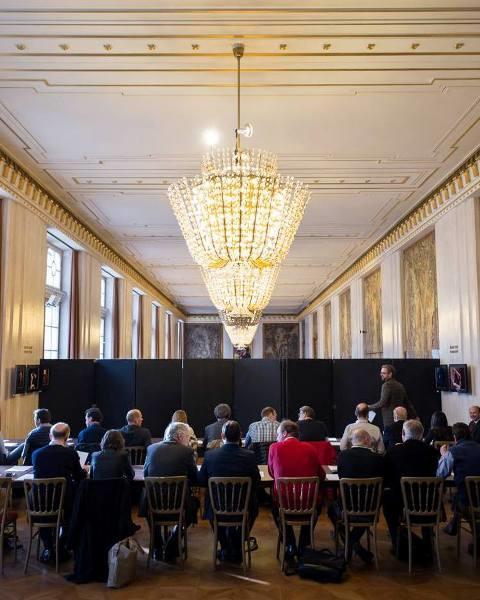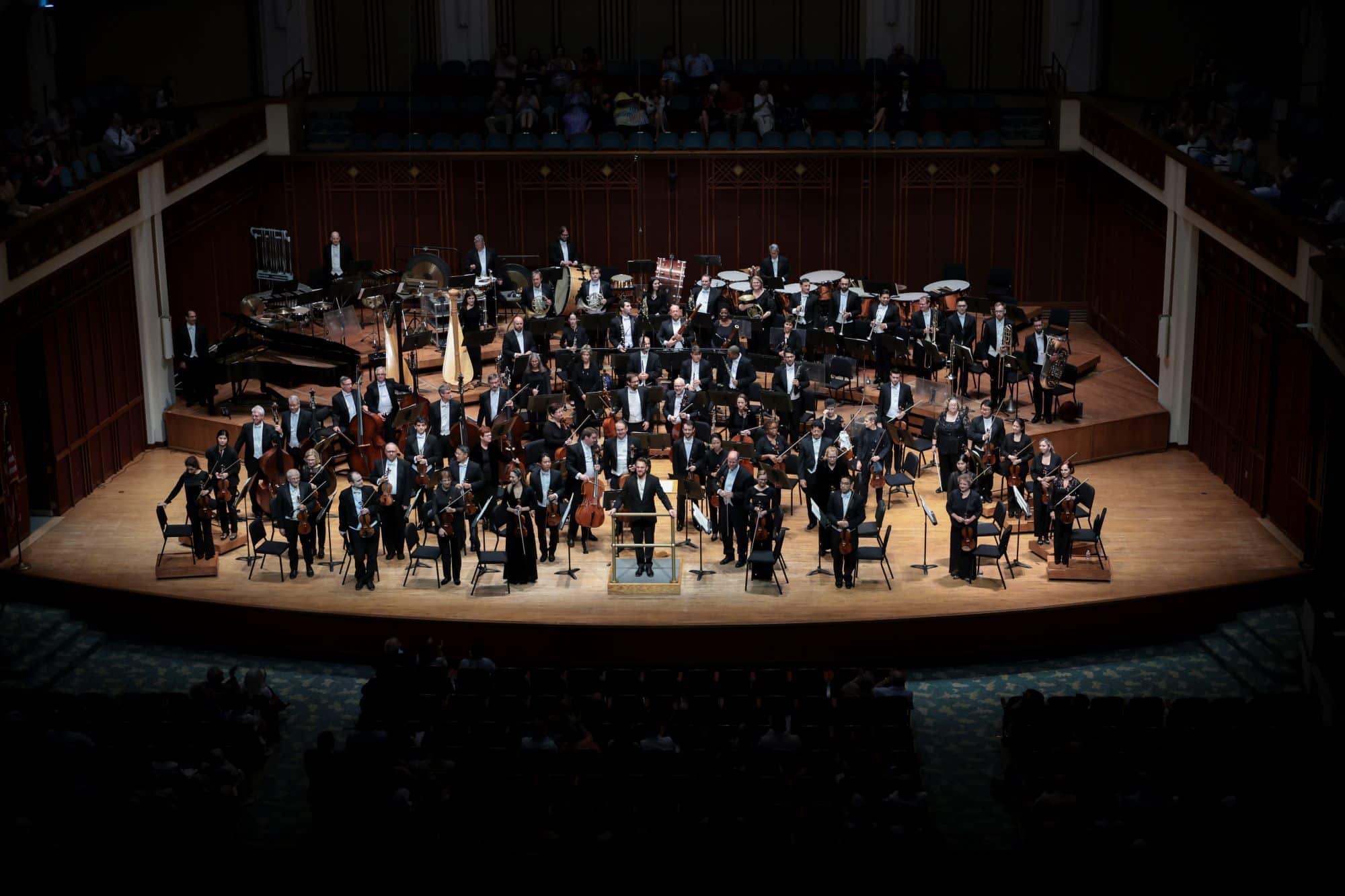A competition goes behind a screen
mainThere are two massive innovations at the Carl Nielsen competition, which opened this weekend in Odense, Denmark.
The first is that its president Nikolaj Szeps-Znaider has banned professors and teachers from the violin competition jury.
Just like that. No more you vote for my student, I’ll vote for yours.
No more I’ll double my private fees when my student wins.
The bracing air of Odense feels extraordinarily clean.
Second, the jury in the violin contest are placed behind a black screen. They can hear the contestants in the first round but not see them.
That eliminates any aspect of favouring the fanciable ones. Players are judged on the music alone.
From what I was able to observe, the effect has been entirely positive. The jury has no idea who is playing and in which order. In the second round, the contestant appear in a different sequence.
Judges were playing a game guessing which was male and which female. Amazingly, they guessed right in every case they ran past me. Three judges who are concertmasters- Albena Danailova (Vienna Phil), Nurit Bar-Josef (National Symphony Orch) and Eugen Tichindeleanu (Odense Symphony) – were used to blind auditions. For the others, it was a testing first time.
As for the range of talent, it was very broad. I heard three absolute stand-out violinists. Watch this space.

In future, all competitions need to be like this: teacher-free, blind and fair.
photo: Vienna Philharmonic audition, 2014





Comments